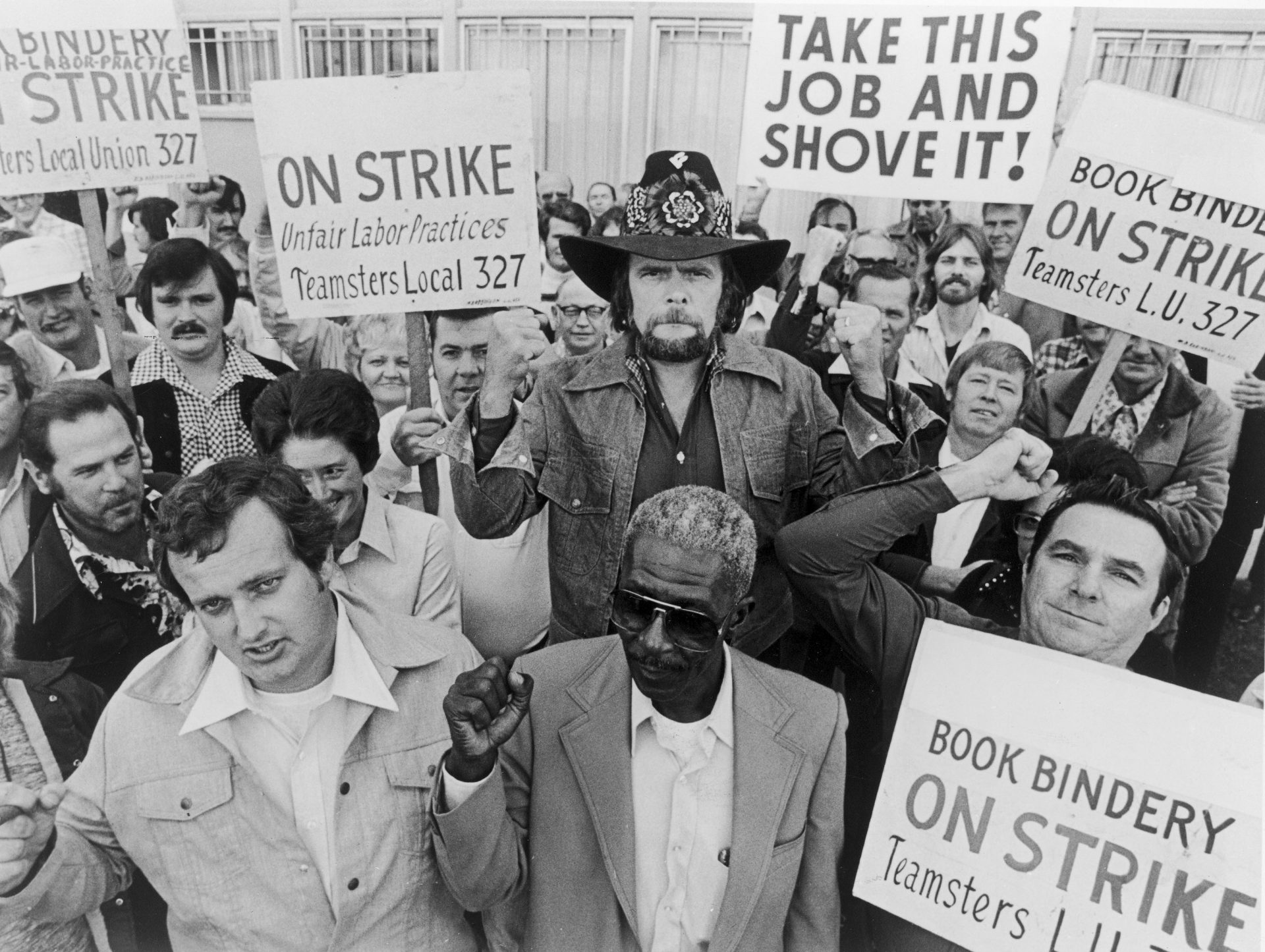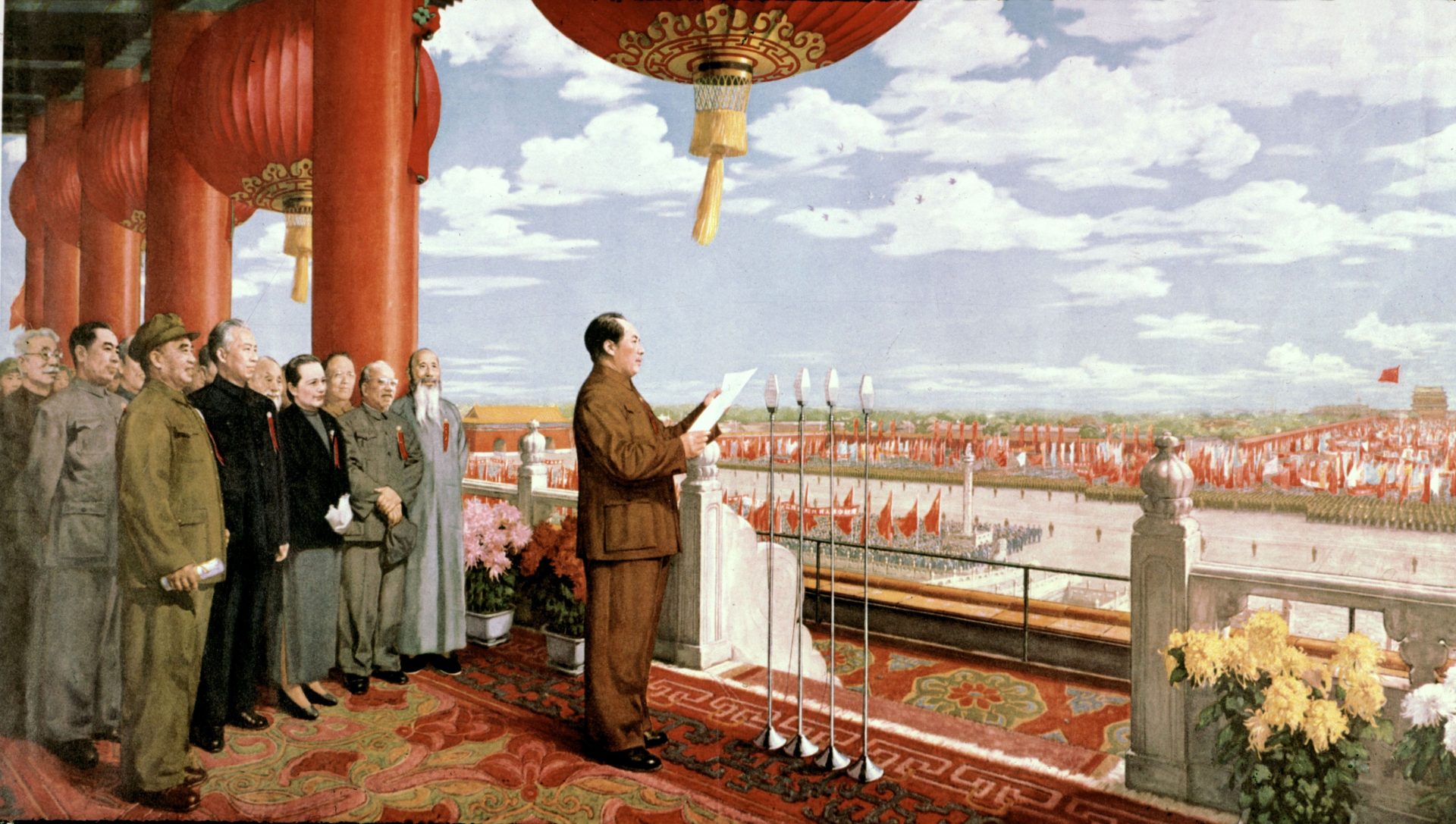Quite a few people I know are leaving their jobs, or just not returning to them. They fit into the two versions/ feel of a song called Take This Job and Shove It.
One group echoes the original, sung by one Johnny Paycheck. That was the anthem echoed by the depths of the recession of the late 1970s, when my friends and I worked various crap jobs. We lived in various crap dwellings, all while going to university and trying to pay for our tuition.
The Johnny Paycheck version is 100% country & western – not cool, but somehow, back then, appropriate for packing up your desk; or hanging up your apron, or putting that shovel down.
The other group of job leavers fit into the feel of the 1980s’ turbocharged cover by the Dead Kennedys. They are all Jello Biafra, howling in the void. The subset of this are the millennials, off to start their own businesses, OK about returning to their childhood bedrooms to begin all over again.
The phenomenon of leaving work is being called ‘The Great Resignation’ and the lyrics of Johnny Paycheck’s song nail it:
“Take this job and shove it I ain’t working here no more… You better not try to stand in my way As I’m a-walkin’ out the door Take this job and shove it I ain’t working here no more”
People are leaving work of their own accord. In the US, last August, four million people quit. Walked. The retail trade, food services, and accommodation took the hit.
Employers are offering higher wages, but some people no longer want to be there.
The reasons are legion: some no longer want to do the commute and some are just simply afraid of the workplace itself. That suppressed cough; the random sniffle can panic some. Better to stay safe and stay home.
I have LGBTQ friends, for example, who are just tired of the atmosphere. One woman friend was sick of being the butt of the jokes that the guys made in her office and where she was expected to “suck it up”. Women of colour, particularly women of African descent, are too often assumed to be boiling kegs of rage whenever we stop smiling.
And many male friends just wanted to see their kids grow up and be there for that. People are tired of work.
Many had discovered the world of Peloton, where you could get fit in your own living room; the work life of Zoom and Teams and what they did to the way you worked, or did not work. Creeping back in to find your boss in his shirt sleeves suggesting “bonding sessions” and “welcome back, team” get-togethers did not appeal.
The alternative means what in the States they call “the churn”, where working at a low-paying job means that you get nowhere.
Staying home made many think about who they are, what they want, where they are going. And for employers: retention is the new game in town.
This is Plague Behaviour. It is classic. And game-changing.
The Black Death, a pandemic of which scientists are still not sure of the cause, raged between about the mid-14th century to the middle of the 18th. Besides the tragedy of the wipeout of large numbers of the population across Europe, it created the deepest recession in the history of humankind up to that point. There was a shortage of crops; and those that existed rotted in the fields. Construction slowed down. And workers travelled the lands, naming their own price.
While researching my podcast In Search of Black History, I was shown, at the Museum of London, the skeleton of a woman, which was found in a mass grave in Spitalfields, known as a plague pit.
She may have been of African descent, an itinerant worker, her back strong and hard from working the fields and travelling the land. Who was she? How had she come to London?
Settlements were abandoned; the land turned over to livestock. Ordinary people began to eat animal protein and their bodies changed. They saw the lives of their masters and wanted some of that.
A study of the Black Death and its effect on the lives of workers states: “The lord, however, was confronted not only by the roving wage labourer on whom he relied for occasional and labour-intensive seasonal tasks but also by the peasant bound to the soil who exchanged customary labour services, rent, and dues for holding land from the lord. A pool of labour services greatly reduced by the Black Death enabled the servile peasant to bargain for less onerous responsibilities and better conditions.
“At Tivetshall (Norfolk), vacant holdings deprived its lord of 60 per cent of his week-work and all his winnowing services by 1350-51. A fifth of winter and summer weekwork and a third of reaping services vanished at Redgrave (Suffolk) in 1349-50 due to the magna pestilencia.
“If a lord did not make concessions, a peasant often gravitated toward any better circumstance beckoning elsewhere. At Redgrave, for instance, the loss of services in 1349-50 directly due to the plague was followed in 1350-51 by an equally damaging wave of holdings abandoned by surviving tenants.”
We’ve been warned. So buckle up. We’re in a new era.




